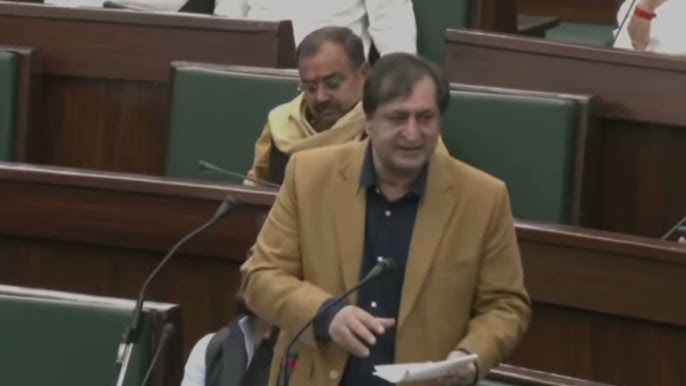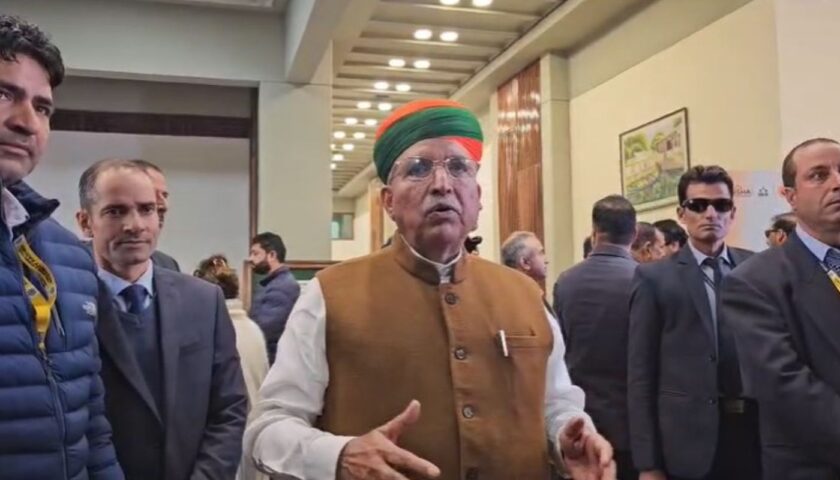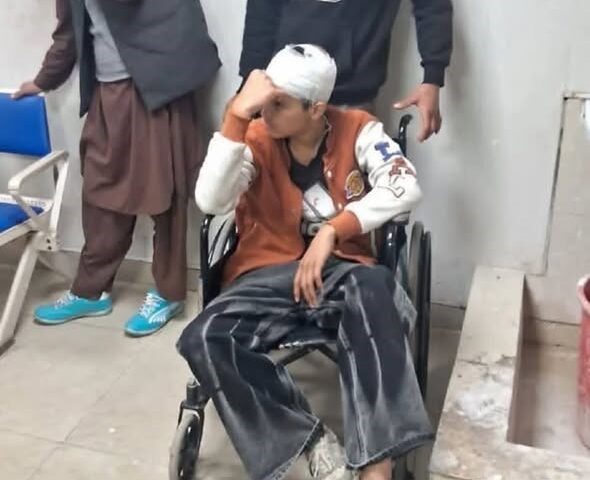Sajad Lone Criticizes J&K Reservation Policy, Calls It a “Post-Dated Cheque for Disaster”
In a passionate address to the Assembly on Thursday, Sajad Gani Lone, president of the Jammu and Kashmir People’s Conference and MLA from Handwara, raised serious concerns about the marginalization of Kashmiri-speaking residents under the current reservation policy. Lone described the framework as deeply inequitable, warning that it could lead to long-term social disempowerment for the community.
Declining Representation of Kashmiri Speakers
Lone presented data highlighting the systematic decline in Kashmiri representation in prestigious positions, particularly in the Kashmir Administrative Service (KAS). According to his analysis:
- Kashmiri speakers constituted 19% of successful KAS candidates in 2023, down from 25% in 2022 and 17% in 2021.
- He attributed this decline not to incompetence but to the choking of entry spaces due to the reservation system.
“The overall mental makeup of schools and children has gone through a lot of turmoil. Kashmiri-speaking people form a distinct ethnic group, and we are seeing that with every passing day, fewer of them are making it—not because they are incompetent, but because their entry space is being choked,” Lone stated.
Criticism of Reservation Framework
Lone argued that the current reservation system, which covers 60% of available positions, disproportionately affects Kashmir. He pointed out specific disparities:
- 8% of reservations are allocated to Scheduled Castes (SCs), but there are no SCs in Kashmir, creating an additional burden on the region.
- 40% of Scheduled Tribe (ST) reservation benefits go to Jammu, while 60% go to Kashmir, leaving Kashmiri speakers to compete under open merit.
He described this as a form of “social reordering”, emphasizing that the issue transcends political point-scoring and requires immediate attention. “This is our societal issue, not a point-scoring debate,” he said.
Impact on Future Generations
Lone painted a stark picture of Kashmir’s future, questioning whether Kashmiri-speaking individuals would continue to hold significant positions in the civil secretariat or gain admission to government medical colleges under the current system. “If you return here in 20 years, how many KAS officers will be Kashmiri-speaking in this secretariat?” he asked.
Proposed Reforms
To address what he termed a systematic injustice, Lone called for:
- Region-wise rationalization of reservation quotas to ensure equitable representation.
- Revisiting the RBA (Reserved Backward Area) category, which has seen its reservation reduced from 20% to 10%.
- Streamlining the issuance of EWS (Economically Weaker Section) certificates, which he claimed are often delayed by tehsildars.
He also highlighted disparities along the Line of Control, noting a “4 versus 400 village ratio” in representation. Lone suggested redirecting the ST reservation share to Jammu, allowing them to compete among themselves.
A Warning for the Future
Lone concluded his address with a dire warning: “This is a post-dated cheque for disaster.” He urged the government to take immediate corrective measures to prevent long-term social and economic disempowerment in Kashmir.




